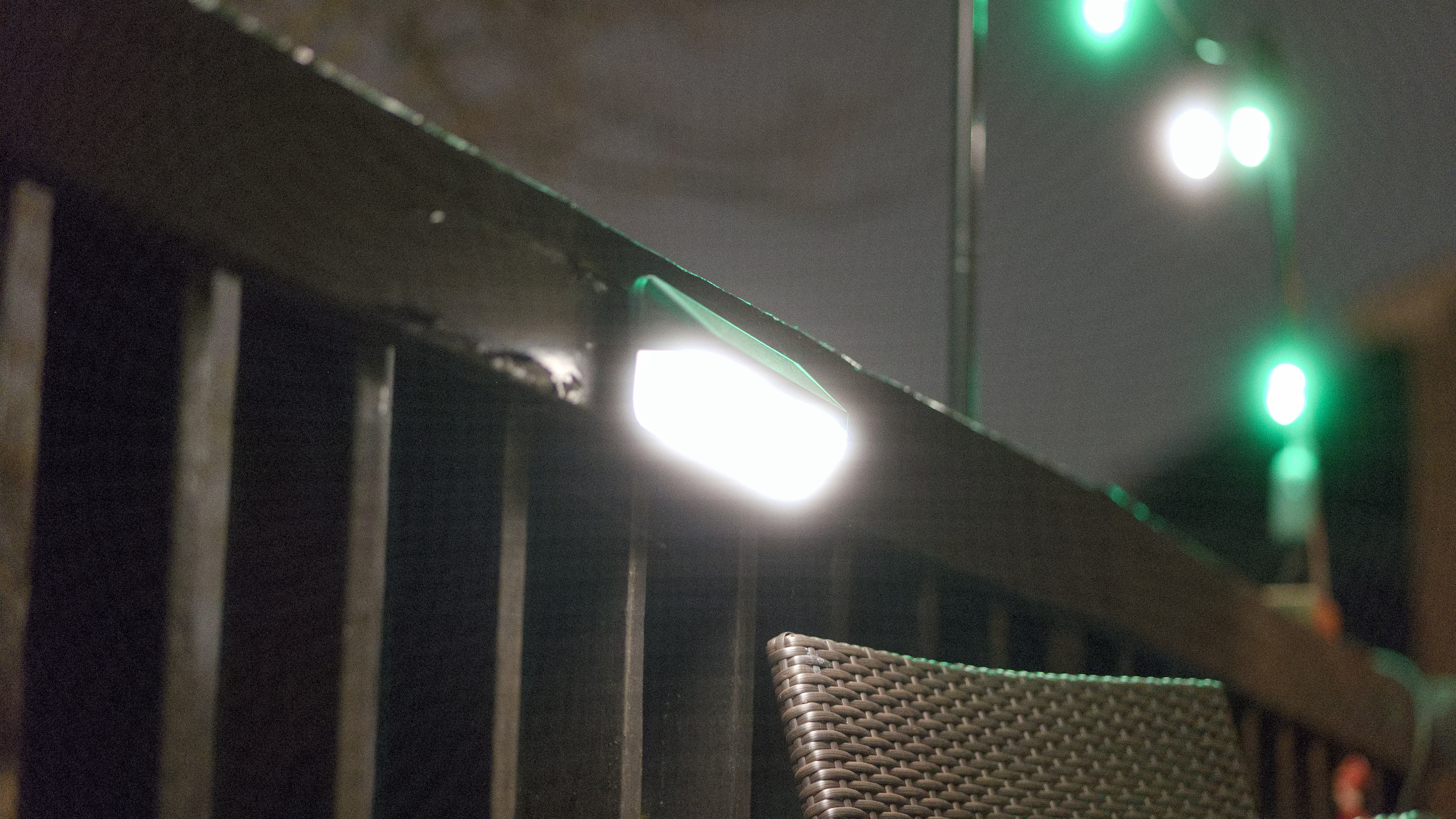Biggest tech fails of 2020: Quibi, PS5 scalpers, Cyberpunk and more
Here’s what went wrong in tech during a very bad year

Update: We have a new list of all the tech fails of 2021.
You can be forgiven if you thought everything that could go wrong did go wrong in 2020. As it turned out, only most things went wrong. And that was especially true in the world of tech.
Corporate behemoths like Microsoft, Facebook and Twitter continued to step on every rake found in their path. Video streaming services that popped up to help us through the pandemic caused more headaches than they solved. And while the PS5 and Xbox Series X both allegedly debuted in the fall, you may still be waiting for evidence that next-generation gaming consoles actually exist.
- Tom's Guide tech of the year: These were 2020's best gadgets
- Cast your vote in the Future Tech Awards
Sometimes you have to laugh to keep from crying, though, so with that in mind, gather around (at a safe distance anyhow) and relive some of 2020’s greatest tech fails.
16. Amazon reshapes Ireland

With detailed Map applications on every computer, smartphone and car console, you'd think that major companies would know basic geography, but you'd be wrong. We learned this firsthand back in November, when Amazon accidentally overwrote 100 years of European history and reunited Northern Ireland and the Republic of Ireland. And, like many great moments in European history, it all started with a rugby match.
Northern Irish journalist Chris Jones asked Amazon's Twitter account why he couldn't view an England vs. Georgia rugby game streaming on Amazon Prime, which held exclusive UK rights to the match. A well-meaning (but completely incorrect) rep responded that since Jones was in Northern Ireland, he couldn't view UK-exclusive content. Irish Twitter set to work right away, making thousands of "Ireland is reunited at last!" jokes — including "Free Delivery" instead of "Free Derry." — Marshall Honorof
15. Samsung Galaxy S20 Ultra autofocus issues
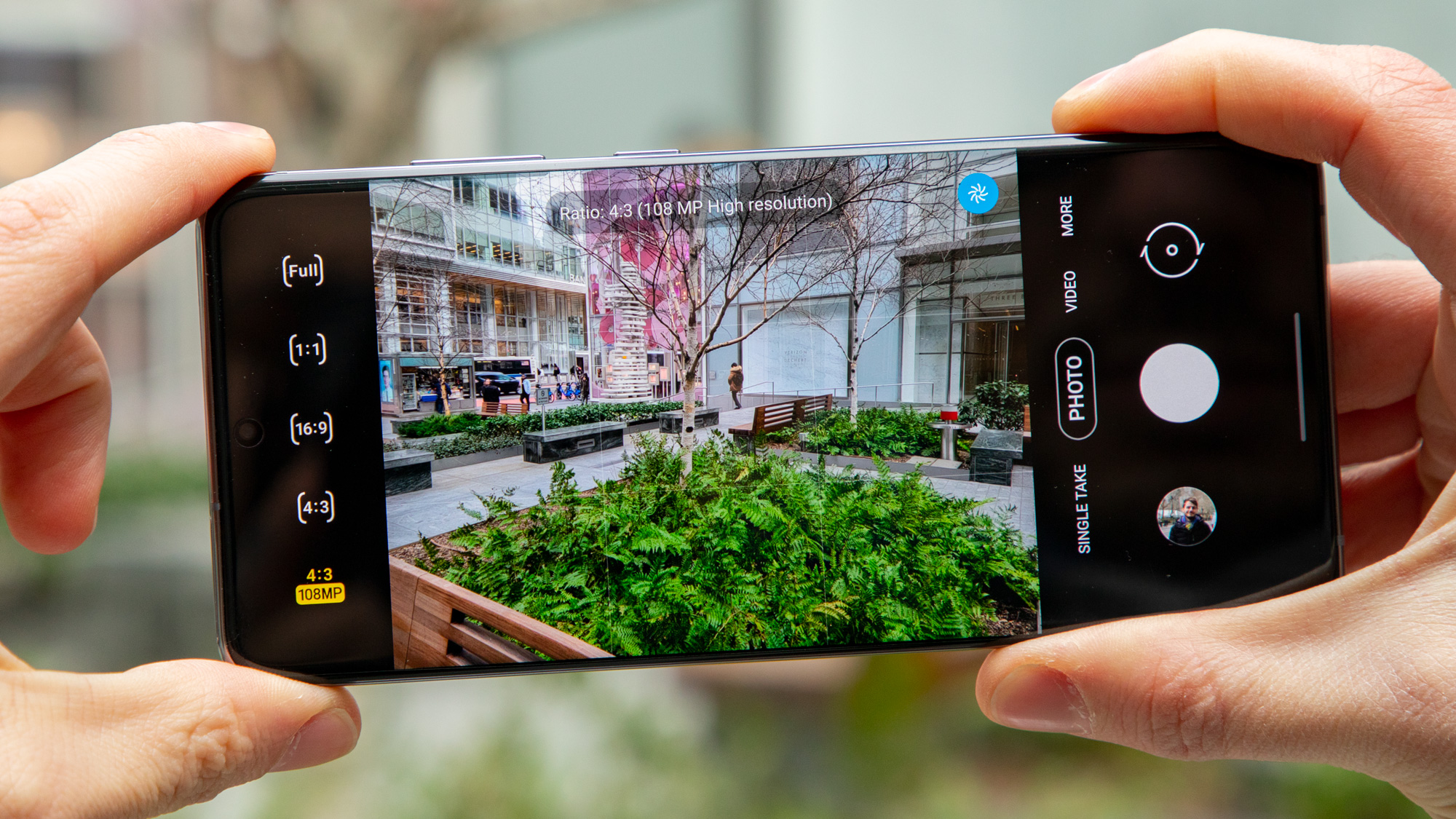
The Samsung Galaxy S20 Ultra had all the makings of the best camera phone ever. It packed a huge 108 megapixel sensor and a whopping 100x space zoom. There was just one problem. This $1,400 phablet had trouble focusing, especially when shooting video.
Sign up to get the BEST of Tom's Guide direct to your inbox.
Get instant access to breaking news, the hottest reviews, great deals and helpful tips.
I tried shooting footage of my colleague and the S20 Ultra had serious trouble, with the focus jumping around as he moved. Samsung would ultimately release a software fix for this issue, but the real fix came with a dedicated autofocus sensor on the Samsung Galaxy Note 20 Ultra. Lesson learned. — Mark Spoonauer
14. Facebook’s antitrust problems

Facebook must have been feeling good about its 2020, at least compared to the annus horribilis it had to endure in 2019. Why, sometimes, Facebook went entire months without having to apologize for one privacy misstep or another. And sure, Mark Zuckerberg occasionally got called before Congress for performative scolding or your Facebook feed might have been overrun by COVID-19 disinformation, but that must have felt like firing on all cylinders for the social networking giant after the last few years.
Yes, it was shaping up to be a faceplant-free year for Facebook… right up until the moment that the company was sued by the Federal Trade Commission and 48 states, alleging antitrust violations. What a shame for Facebook — just two more states and it would have had the complete set.
At best, Facebook is looking at a few years of very expensive lawyer fees, as it defends itself against antitrust allegations. At worst, the company will wind up split into pieces, with Instagram and WhatsApp cast to the four winds. Either way, it’s a reminder that Facebook’s long-running troubles are far from over.—Philip Michaels
13. Windows 10's continued unreliability

Consider this a permanent slot for Microsoft in our annual fails round-up, now that the software giant has run into the same issue in back-to-back years. It seems like not one month passes without a story of how the latest Windows 10 update is wreaking havoc on system stability.
One day an update is freezing systems and failing to install, the next, you're seeing display issues and system crashes. Another update rolled drivers back by decades.
We don't know where Windows 10's quality assurance methods went wrong — maybe it's an over-reliance on Windows Insiders as beta testers — but we would love to not give this award again in a year's time. — Henry T. Casey
12. The GeForce was not with us
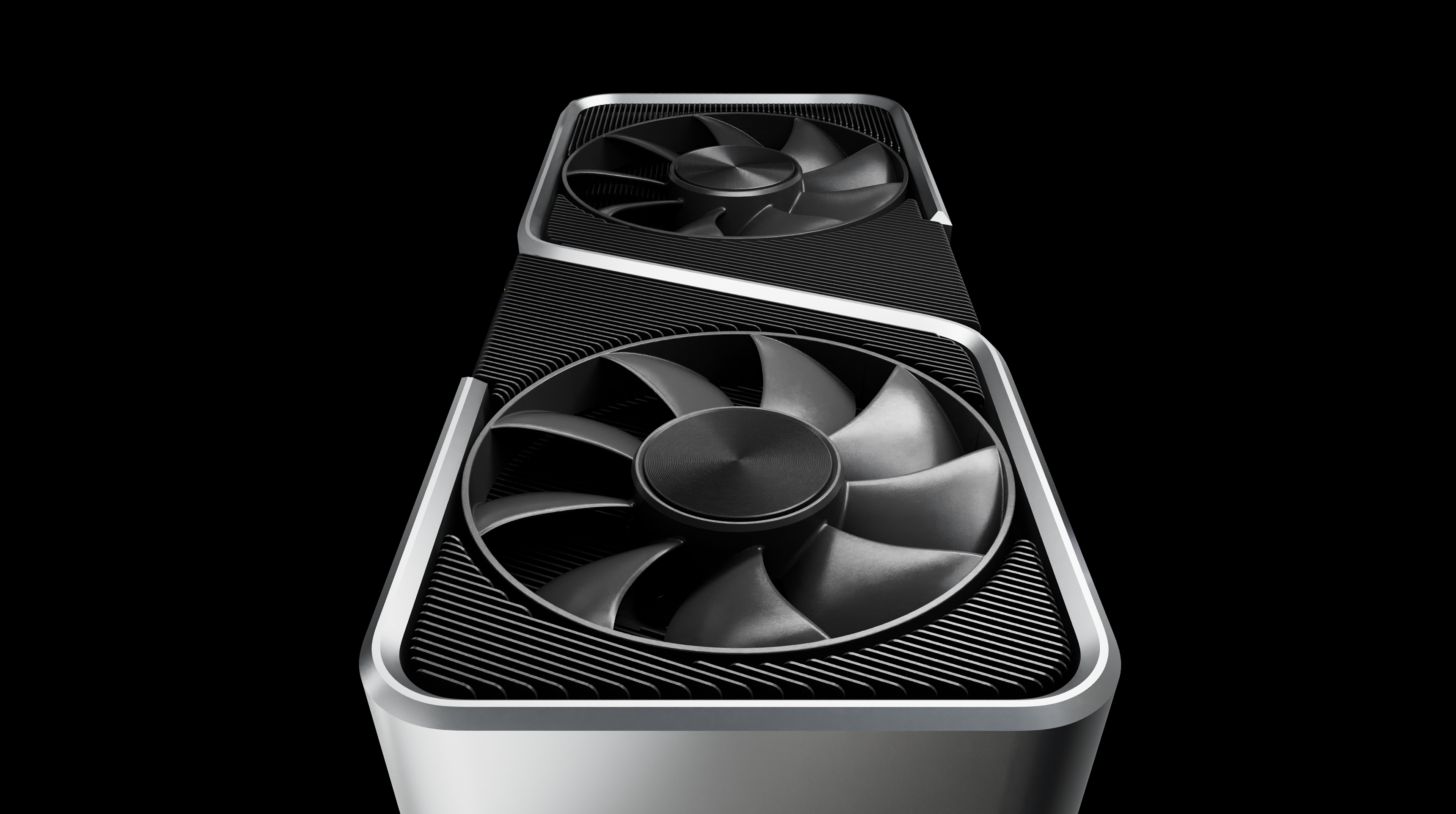
PC gaming fans waited for more than two years for a new generation of Nvidia graphics cards. So when Nvidia revealed the GeForce RTX 3000-series in September it looked like we were going to see a real step up from the already impressive RTX 2000-series. But when the GeForce RTX 3080 launched somewhat suddenly and without any pre-order warnings, it ended up selling out in mere moments. Then history repeated itself with GeForce RTX 3060 Ti, GeForce RTX 3070 and RTX 3090 selling out in no time whatsoever, even though the latter graphics card started at $1,499.
AMD didn’t fare any better with its new RDNA 2-based Radeon RX 6800, RX 6800 XT and RX 69000 XT also selling out extremely quickly. That means we have two new generations of graphics cards that not many people can get their hands on. And restocks seem to be slow to arrive, meaning the supercharged 4K gaming these GPUs promise hasn’t really been realized yet. Combined with the lack of PS5 and Xbox Series X consoles, and it looks like next-generation gaming has yet to properly arrive; hopefully 2021 will correct this mess. — Roland Moore-Colyer
11. The unbearable lightness of Twitter’s Fleets
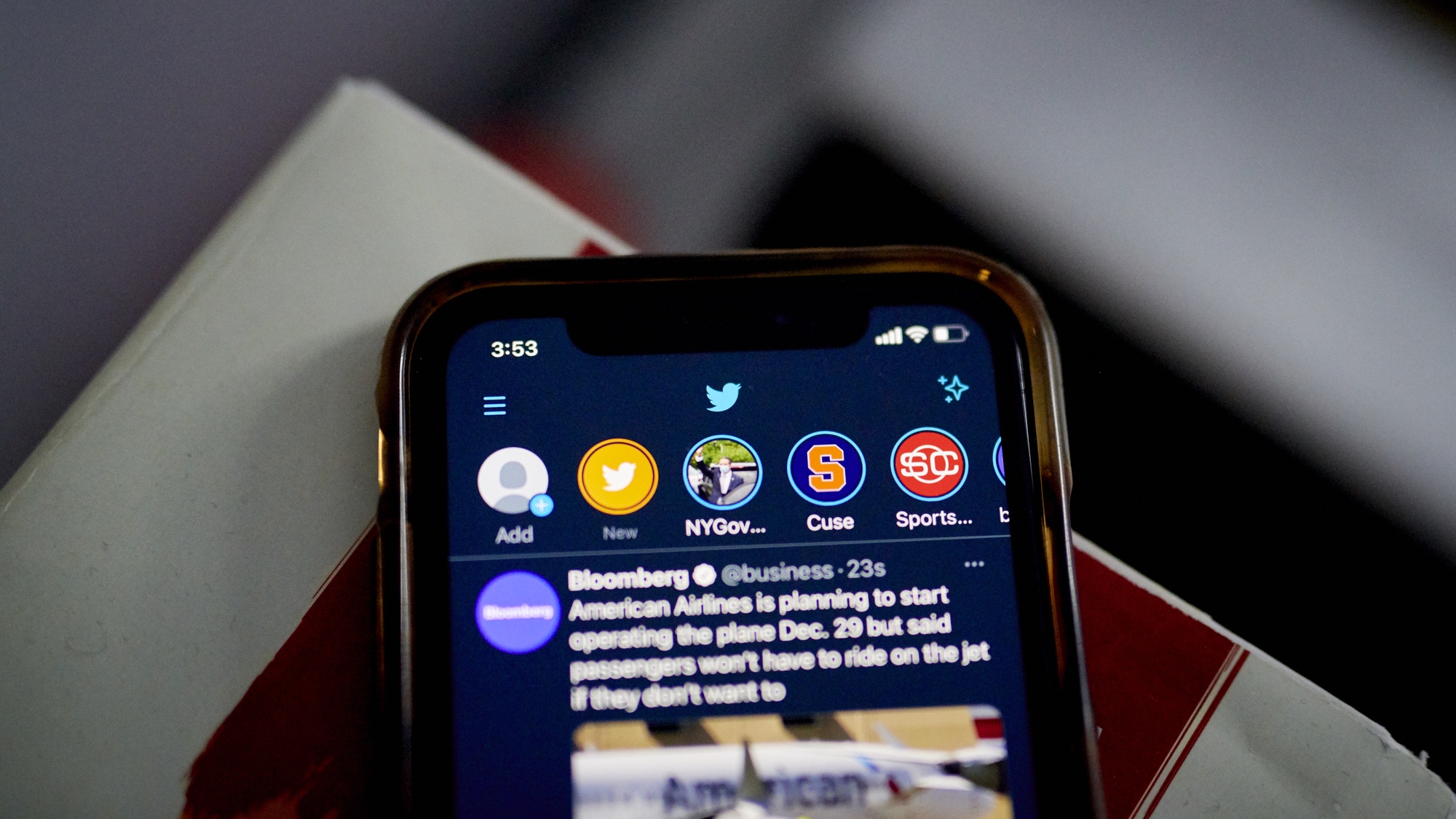
Online services seem to excel at introducing features nobody asked for, and this year, Twitter took the prize for Most Superfluous Addition when it took the wraps off Fleets. These “fleeting tweets” — you see what Twitter did there? — were meant to be disappearing messages that flashed up to your followers and then faded away after 24 hours.
That sounds a lot like what you do over on Snapchat. And with Instagram stories. And with Facebook stories. And with probably countless other social media sites that offer their own self-destructing message feature. But Twitter’s effort stood out because it… um… you see… look, it’s named Fleets!
If your experience with Fleets is anything like mine has been, you saw a flurry of Fleets when the feature was first announced — mostly from people expressing their complete disdain for Fleets. Then, after a while, Fleets stopped appearing to the point where you’re surprised when one actually shows up on your timeline. At this rate, we’d be willing to bet messages aren’t the only thing about to disappear from Twitter without a trace. — Philip Michaels
10. Trump targets (and misses) TikTok
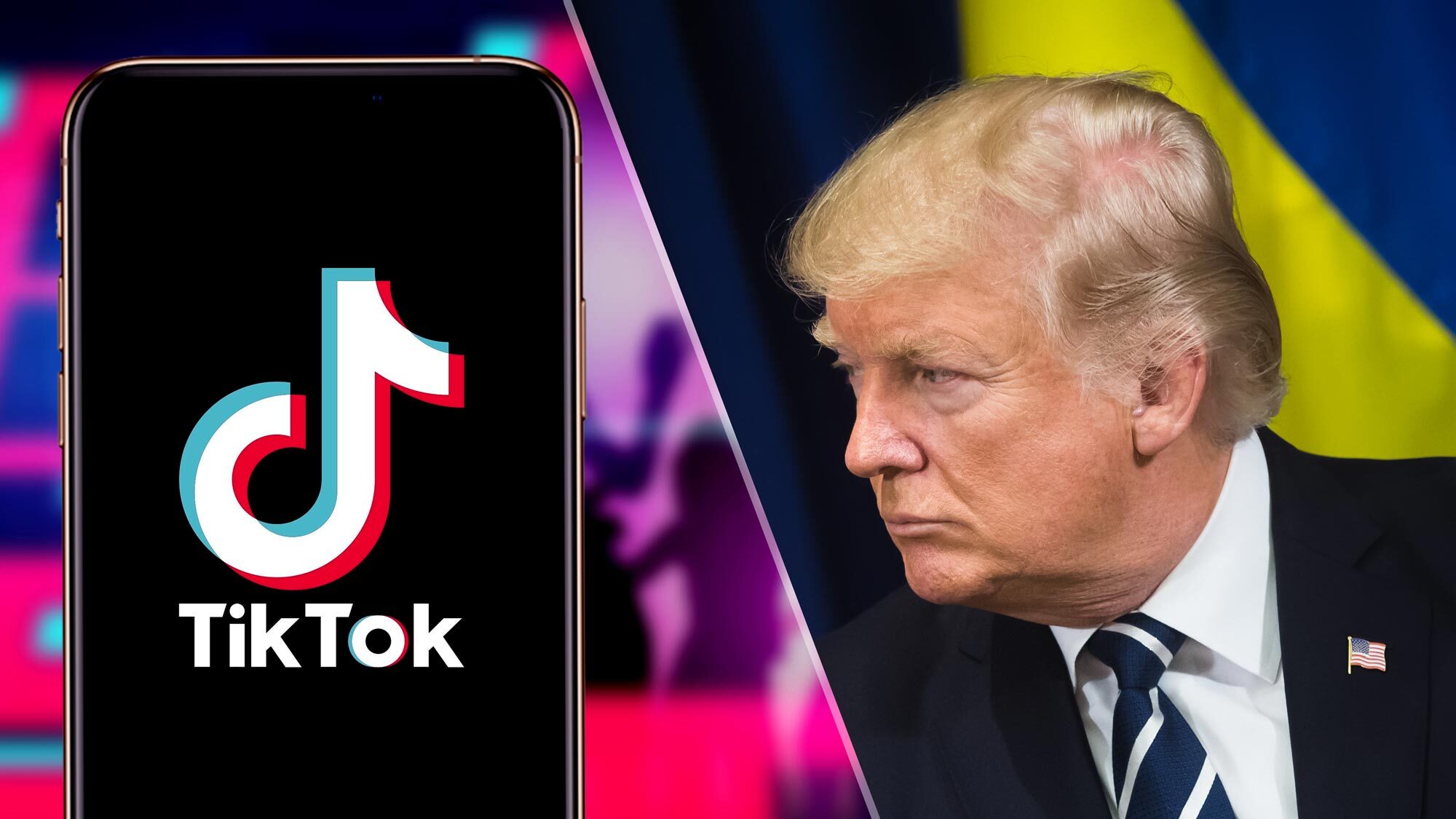
President Trump caused a panic among millions of TikTok users over the summer when he threatened to shut down the prevalent social media platform, citing national security concerns. He accused TikTok’s Beijing-based parent company, ByteDance, of offering the Chinese government access to user data.
The president might have spent too much time preoccupied with TikTok’s popularity — whether that has to do with teens on the app spoiling his Tulsa rally by reserving masses of seats no one showed up for, who knows. But on the bright side, his efforts led to a last-minute deal that positioned Oracle to host all U.S. user data on its cloud platform. Perhaps that means in 2021 the government can let teens dance and lipsync in peace. — Kate Kozuch
9. The ‘Prime’ bike fail

On Sept. 21, Echelon proudly announced the introduction of the $499 Ex-Prime Smart Connect Bike, also known as the Prime Bike. In the company press release, it stated that the Prime Bike was “Amazon’s first-ever connected fitness product” and that the two companies had collaborated on its development. The press headlines followed, dubbing the Prime bike a potential Peloton killer.
There was just one problem. Amazon didn’t seem to be up to speed on this relationship, releasing the following statement: “This bike is not an Amazon product or related to Amazon Prime. Echelon does not have a formal partnership with Amazon. We are working with Echelon to clarify this in its communications, stop the sale of the product, and change the product branding.” The Prime Bike was discontinued, but you can still buy pricier Echelon bikes from Amazon and a $497 Echelon Connect Sport from Walmart. — Mark Spoonauer
8. Celebrities hacked on Twitter

Hijacking Twitter accounts goes back years, and even CEO Jack Dorsey famously had his account taken over in 2019. But the mother of all Twitter hacks arrived the afternoon of June 15, when dozens of accounts belonging to famous people, including Bill Gates, Jeff Bezos, Elon Musk, Kanye West and Joe Biden, plus some well-known companies, suddenly started spouting nonsense related to a Bitcoin cash-back scam.
Twitter locked down all "verified" accounts (those with a blue checkmark) quickly, forbidding those accounts from tweeting en masse. The resulting investigation revealed that some members of a hacking forum that stole and sold desirable Twitter handles had tricked some Twitter employees into revealing their administrative passwords. Three young men were arrested in the U.S. and U.K., including a 16-year-old in Florida. And presumably, nobody ever got their promised Bitcoin cash from a famous person. — Paul Wagenseil
7. Motorola Razr falls flat
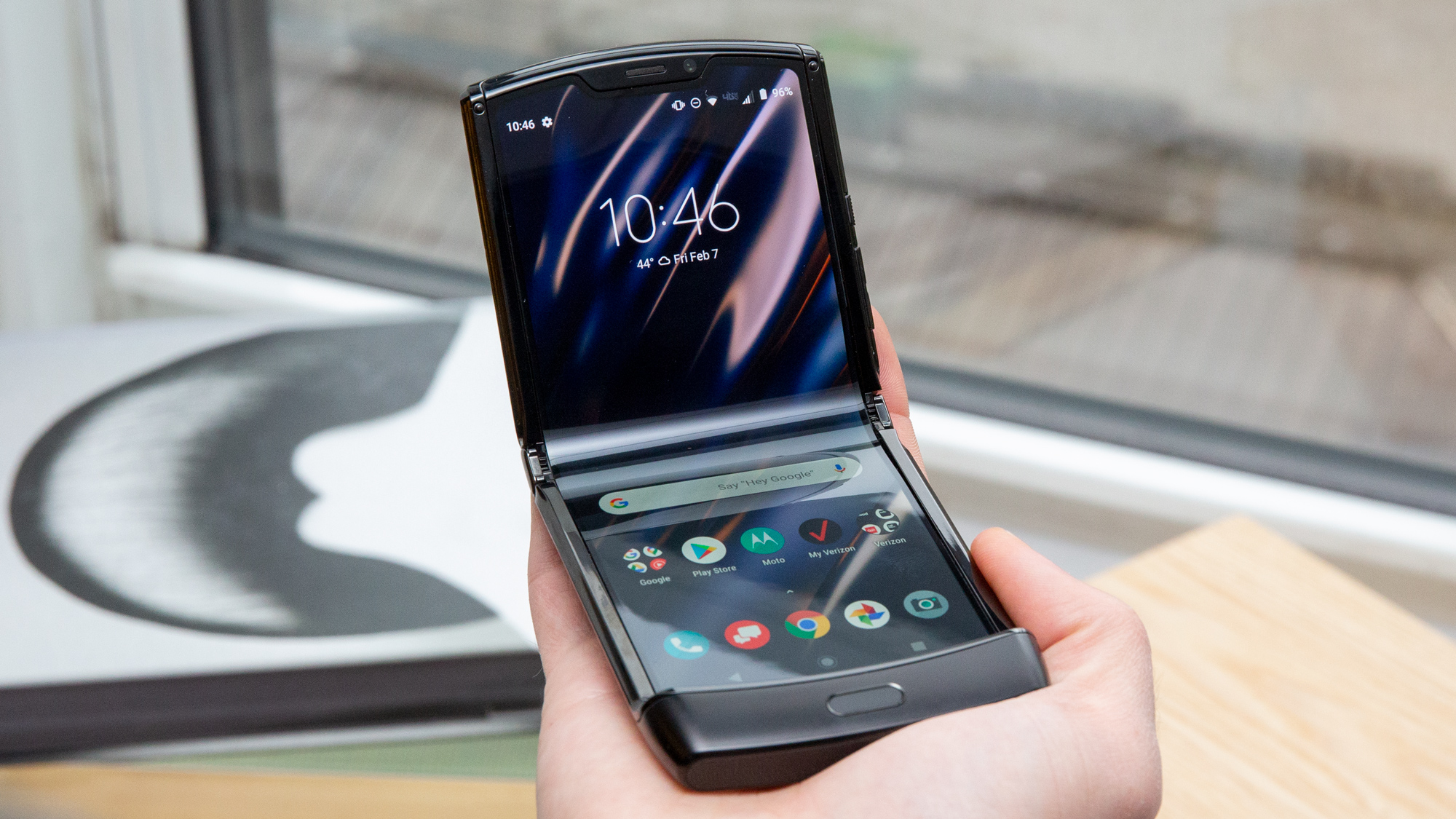
No foldable phone got as much pre-release buzz as the Motorola Razr, and for good reason — Motorola was taking its iconic flip phone from the dawn of the 21st century and giving it a foldable glass panel. Sure, the phone was costly at $1,500 — that’s 1.5 iPhones! — but you can’t put a price on style.
You can, however, put a cost on poor design, and that quickly proved to be too steep for would-be Razr buyers. That 6.2-inch plastic display featured some very visible creases and bumps — understandable, given the realities of a foldable display, but not the sort of thing you want to see in a phone Motorola marketed as a fashion statement. The phone’s hinge also produced an unsettling creaking noise, the processor felt underpowered and the paltry battery life forced early adapters to go searching for a charger.
Motorola has since come out with the newer Motorola Razr 5G, which looks to address many of those issues. But you never get a second chance to make a first impression, especially with a price tag that astronomical. — Philip Michaels
6. Courage: No charger with the iPhone 12
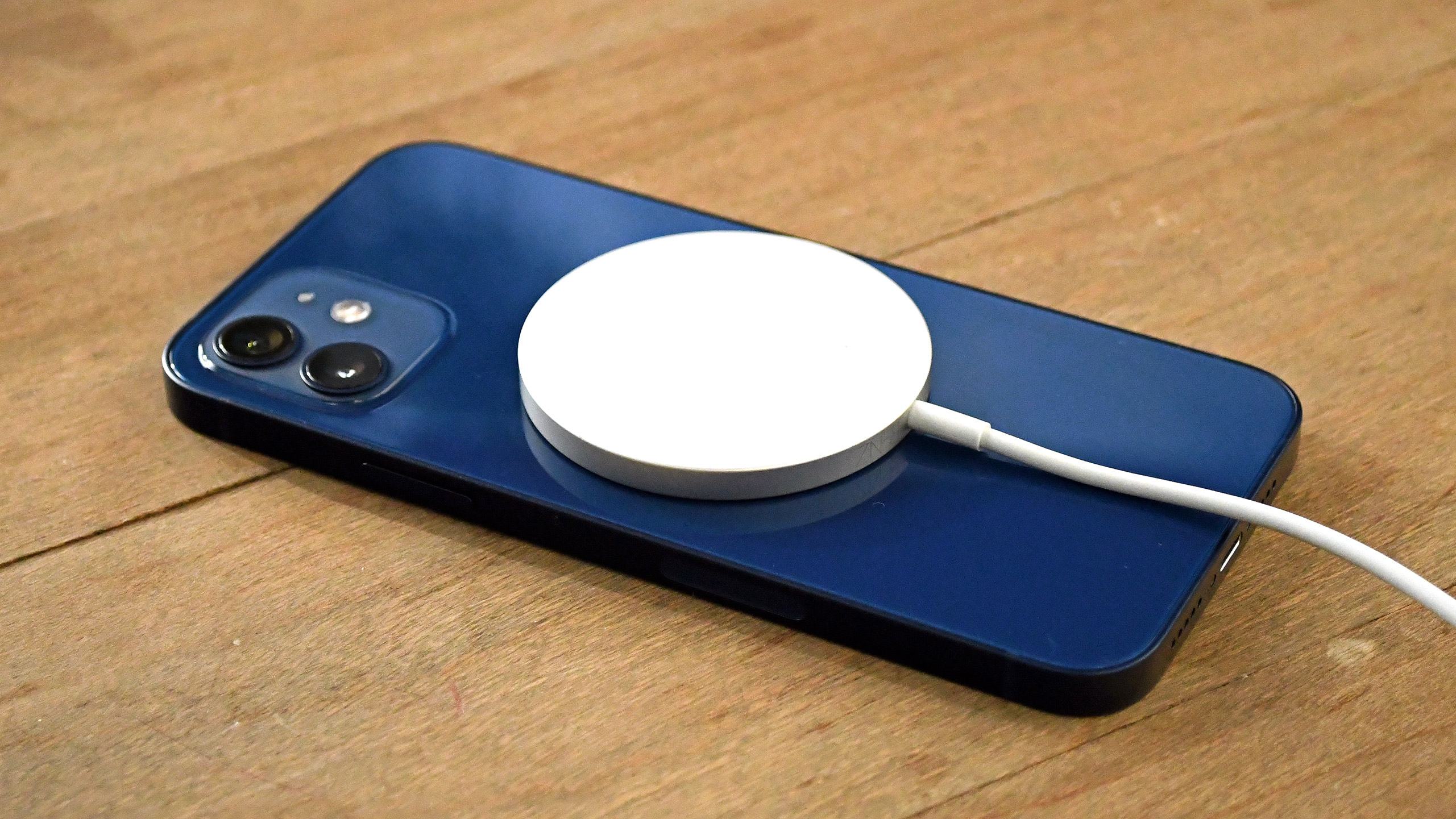
Apple argues that it’s helping the environment by not including a charger with the iPhone 12 lineup. And that’s true, as it could drastically cut down on the amount of electronic waste. But there’s a huge catch to this move.
Yes, lots of people have existing chargers that will work with the iPhone 12, but if you want to fast charge you’ll need a 20W charger ($19) to pair with the included USB-C to Lightning cable. And if you want to try a wireless MagSafe charger, that will run you $39 plus the cost of the 20W charger. The rumor is that Apple won’t include any ports or cables at all for one model of the iPhone 13, but presumably the box will still include the phone. — Mark Spoonauer
5. Zoom "bombing"

At the end of 2019, Zoom was a dull teleconferencing platform with 10 million daily users in offices and other workplaces. But as the coronavirus pandemic ford the world to lock down in March 2020, people who suddenly had to live their daily lives online found that Zoom was easier to set up, easier to use and cheaper than its rivals. Its daily usage soared to 300 million users, and its stock price rose eightfold.
That ease of installation and use had a dark side: Zoom's security was a joke. Its installation software mimicked malware (and made real malware easier to install), it exposed users to each other and its "end-to-end" encryption was nothing of the sort. Just this month, one of its top executives was indicted for spying on Zoom users on behalf of the Chinese government.
The most widespread Zoom security fail was the simplest. Anyone who had a Zoom meeting ID could join the meeting, and anyone could make noise or post pictures during the meeting. Cue an onslaught of obnoxious teenagers "Zoom bombing" online meetings with loud music, swastikas and oh so much porn.
Over the course of 2020, Zoom fixed many of its security issues. It made Zoom bombing harder by urging meeting hosts to force users to sign in, giving hosts greater power to bar entry and, in November, letting hosts briefly pause meetings to boot out bad actors. The Zoom client software is still creepily easy to install, however. — Paul Wagenseil
4. Epic protests Fortnite out of Apple devices
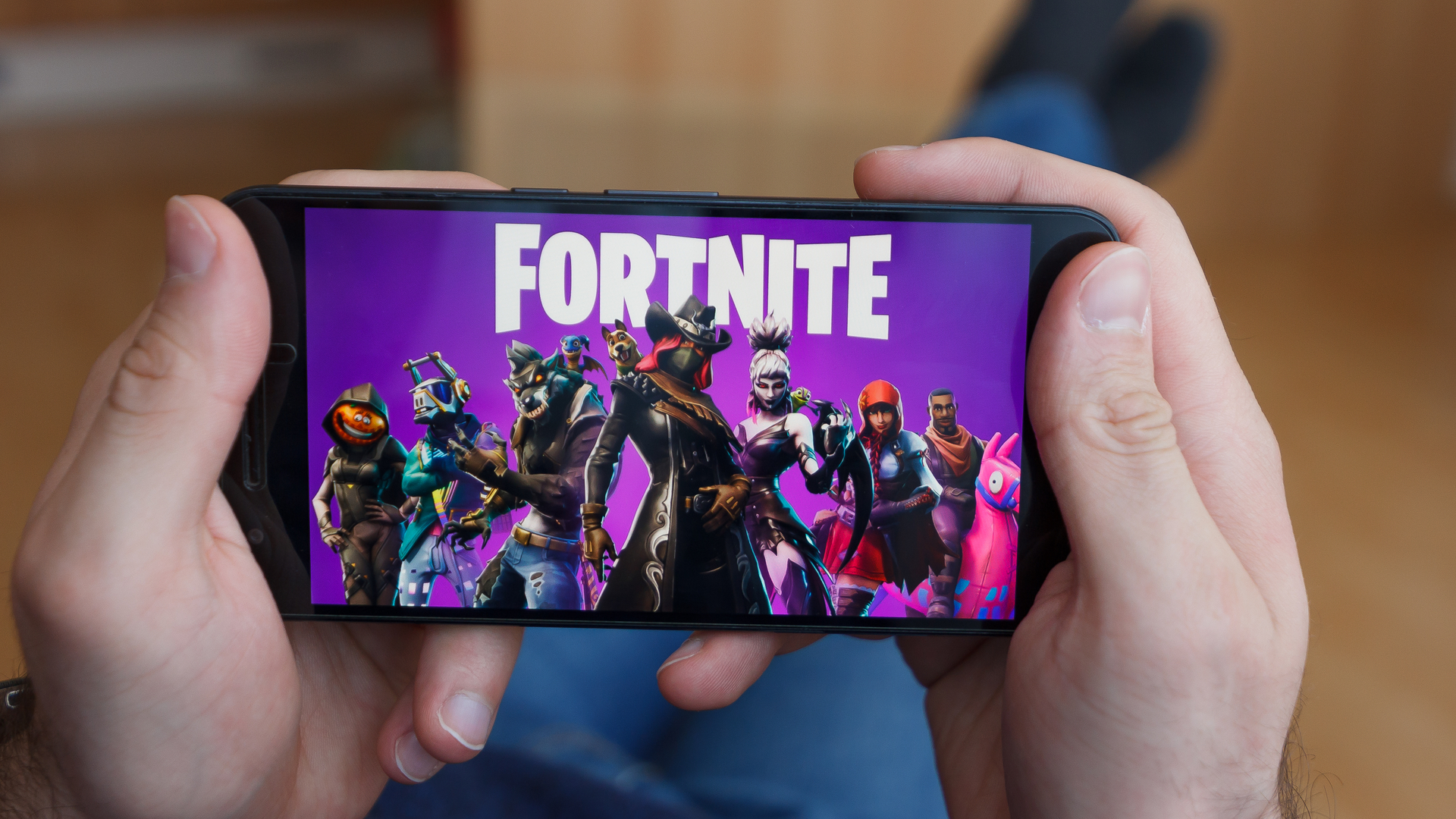
When giant companies argue, the public always loses. And that's why Fortnite gamers saw a massive GAME OVER moment on Apple's devices.
Epic Games' gripe with Apple is familiar: Apple takes too much of a cut of sales on its apps. So, Epic broke the rules, finding a way to sell in-game currency through its own retail methods, knowing full-well what would happen next. Apple kicked Fortnite out of the iOS App Store, and Epic responded with a lawsuit — and an incredibly corny and petty video mocking Apple for becoming the evil overlords it mocked in its iconic '1984' ad.
Arguments and lawsuits followed, and developers worried about how it would impact the Unreal Engine, Epic's tool used by many iOS game devs. In the meantime, Epic has continued to troll Apple, in eye-rolling inducing moments.
Apple's not exactly innocent here (as the Hey email app micro-controversy showed) and would later lower the cut it takes from smaller developers. But when Epic Games earned $4.2 billion in revenue in 2019, it's hard to cry tears for its bottom line on in-app purchases in Fortnite. — Henry T. Casey
3. Quibi? Qui-bye!
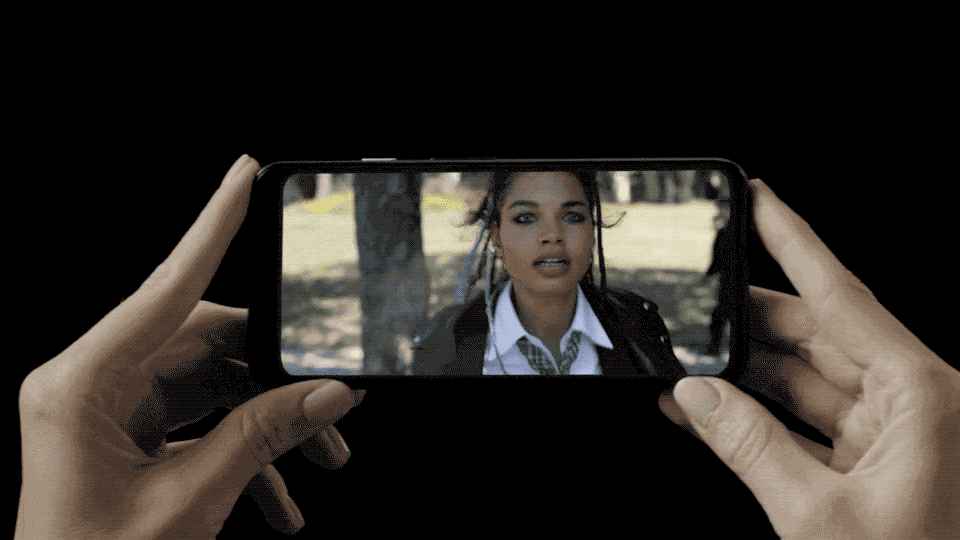
Quibi, the brainchild of Dreamworks' Jeffrey Katzenberg and former HP CEO Meg Whitman, showed that you can't tech your way to success in Hollywood.
You'd think a new streaming video service that launched when we were forced to stay at home would win, but Quibi's short-format videos were mobile-only. And the entire Quibi launch lineup did not include a single series that got anything close to rave reviews, or proved a hit either.
In October, the news broke that Quibi was over. As our Quibi review showed, the app's trick for offering vertical and horizontal video was neat, but without any compelling content, the service never had a chance. — Henry T. Casey
2. Scalpers hijack the PS5 and Xbox Series X
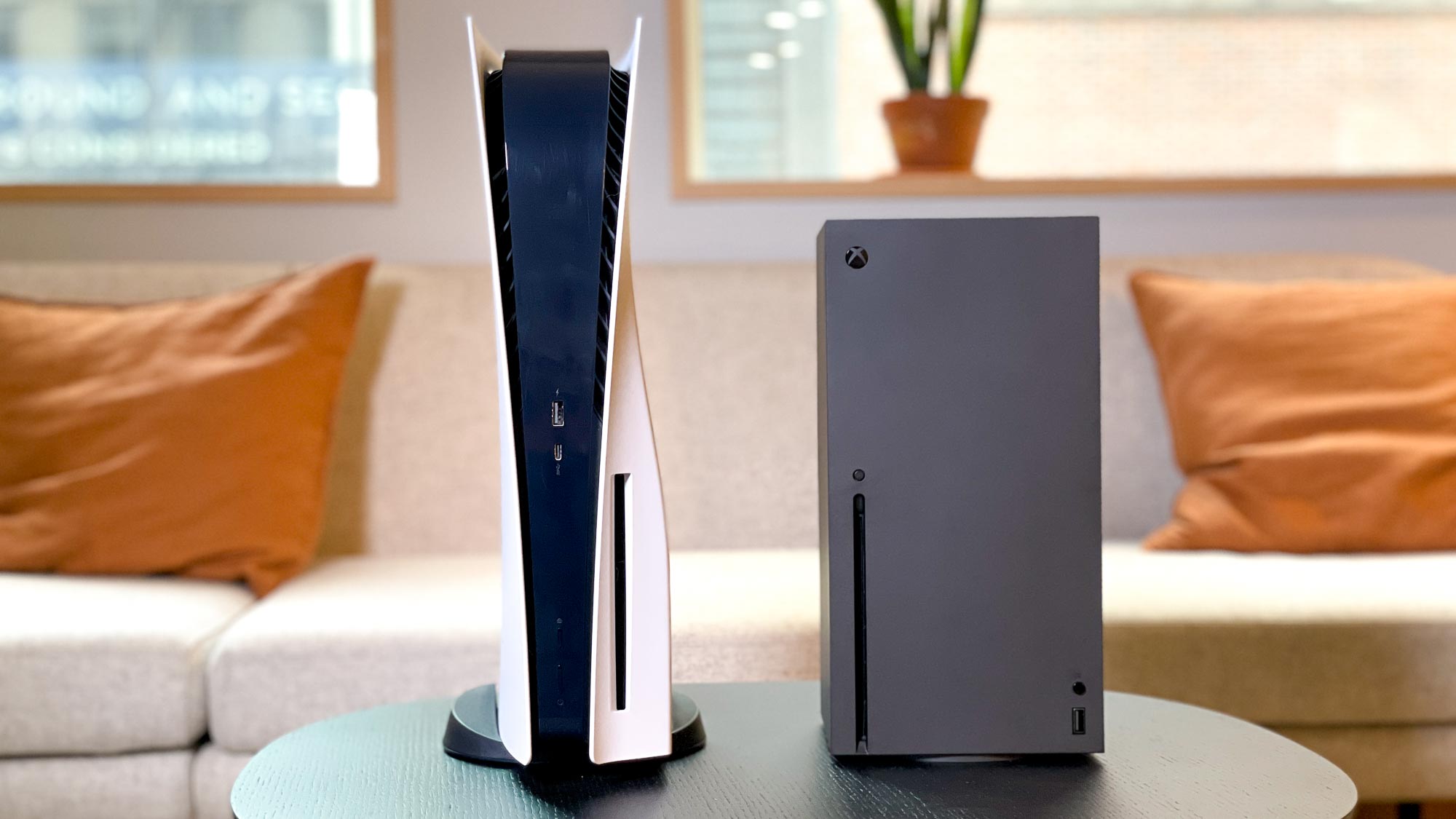
The PS5 and Xbox Series X are both excellent consoles, and some of the most sought-after holiday presents of 2020. It's a shame, then, that unethical scalpers seem to control so much of the supply.
Anyone who's taken an economics class (or lived through a console launch before) knows the drill: A hot, new product hits the market. Many people want that console, so it's hard to find. Scalpers buy up whatever stock they can find, driving the price up and making it even harder to get the gadget through legitimate means. Buyers have essentially two choices: Pay an exorbitant fee to an untrustworthy person, or delay their exciting purchase by months.
Granted, trying to buy a PS5 or Xbox Series X has been a complete mess ever since the first pre-orders went live. Sony wasn't clear on when the process would begin; Microsoft was, but none the retailers' websites worked properly. Long lines (both digital and physical) and product shortages were only part of the problem; retailers also delayed or outright canceled many orders. Scalpers and their sophisticated bots also scored a considerable number of consoles, and are now essentially holding them ransom. Console launches always have a few hitches along the way, but this was just one more catastrophe in a year already full of them. — Marshall Honorof
1. Cyberpunk 2077 creates a real-world dystopia

Cyberpunk 2077 was one of 2020's most anticipated games, and who could blame gamers for being excited? The game came courtesy of CD Projekt Red, the beloved studio behind the hit Witcher series that’s known for crafting immersive worlds with engrossing narratives. But in hindsight, there were always some cracks in the façade. The game took eight years to develop — an unusually long time in the gaming world. The game's transphobic marketing practices rubbed gamers the wrong way, as did reports of unconscionable crunch in the studio.
After repeated delays, Cyberpunk 2077 finally limped over the finish line on December 10 — and it looks like the game definitely needed some more time in development. If you have an extremely powerful PC, you might be able to coax some decent performance out of the game's repetitive open-world and short main quest. But Cyberpunk is riddled with bugs and glitches on PS5 and Xbox Series X — and nearly unplayable on launch model PS4s and Xbox Ones. Sony went so far as to remove the game from the PSN store, which is very nearly unprecedented.
Cyberpunk 2077 may be a good game underneath all the performance issues, but we'd wait for a few patches. We'd also think twice about preordering games in the future, even from beloved studios. — Marshall Honorof
Tom's Guide upgrades your life by helping you decide what products to buy, finding the best deals and showing you how to get the most out of them and solving problems as they arise. Tom's Guide is here to help you accomplish your goals, find great products without the hassle, get the best deals, discover things others don’t want you to know and save time when problems arise. Visit the About Tom's Guide page for more information and to find out how we test products.

